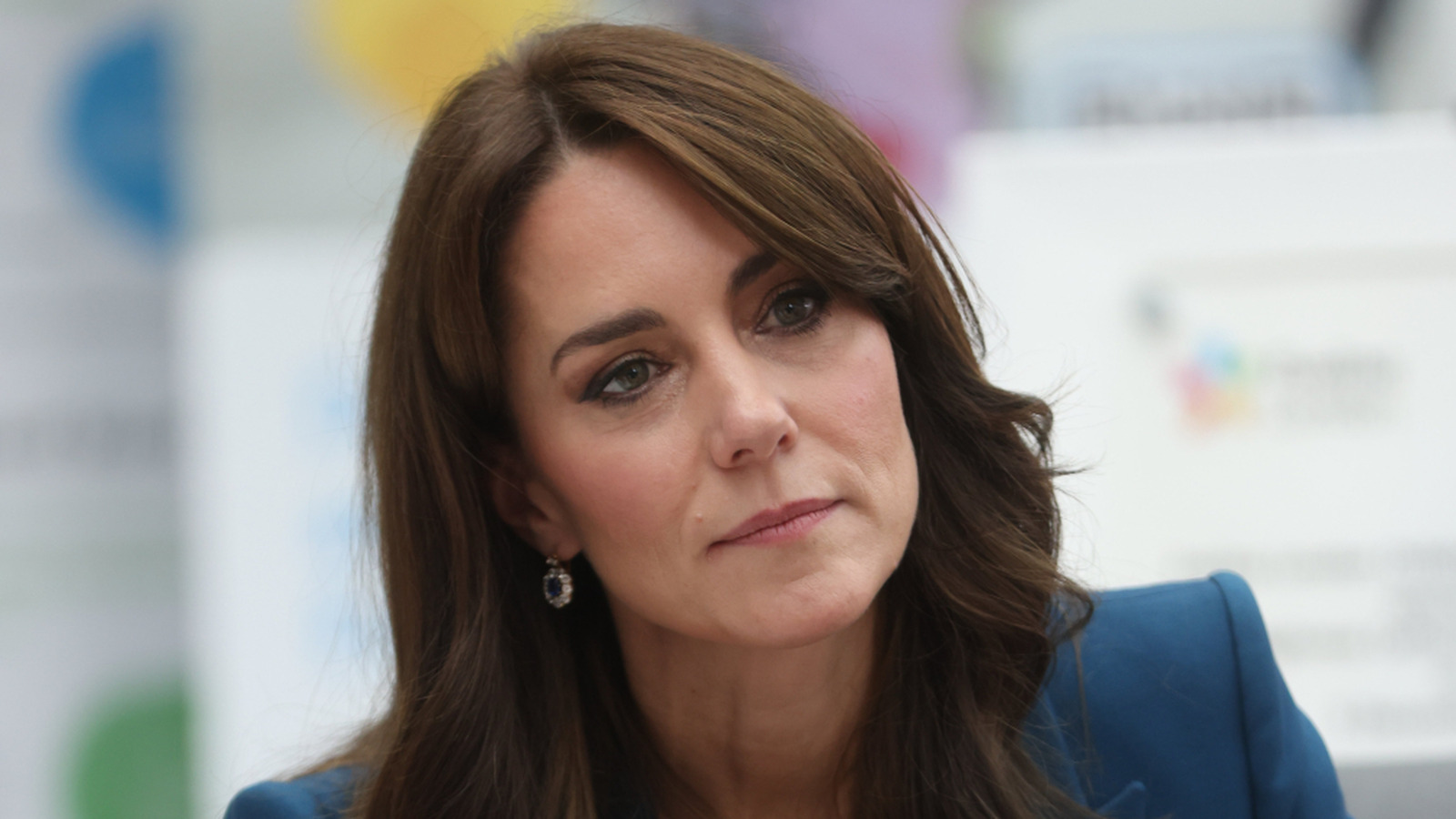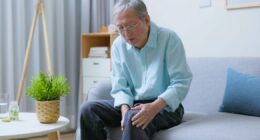In January 2025, Kate Middleton finally had some good news to share — she was in remission from cancer. After enduring a grueling year with the disease, she was more than ready to move on and look ahead to brighter days.
“It is a relief to now be in remission and I remain focussed on recovery. As anyone who has experienced a cancer diagnosis will know, it takes time to adjust to a new normal,” she shared in a statement posted on X, formerly Twitter. “I am however looking forward to a fulfilling year ahead. There is much to look forward to. Thank you to everyone for your continued support.”
A sigh of relief, for sure — but let’s not forget, remission doesn’t mean the cancer is gone forever. It just means doctors haven’t found any traces for now. And while the public cheered her good news, the full extent of what the Princess of Wales had endured was only starting to come to light. From the crushing isolation of her treatments to the strain it put on her family, new details have emerged that show just how brutal her health battle really was. Here’s a look at the tragic side of Middleton’s cancer journey — plus expert insights into the toll it likely took on her mental and emotional well-being.
Kate herself admitted that her experience with cancer treatments was ‘lonely’
With every medical resource at her fingertips, Kate Middleton received the best possible care during her cancer treatment. But according to insiders, the experience was far lonelier than she expected — not because of the treatment itself, but because she had to keep it under wraps to avoid an even greater media frenzy. After all, her sudden disappearance in the media had already caused quite a stir and spawned conspiracy after conspiracy theory, so she had to be extra careful.
“Going through the back door unseen while going through the treatment must have been pretty lonely,” a royal insider shared with People. “When you see these other people when they’re having their chemotherapy, they were doing it as a group, with a support mechanism.” Even she admitted as much, telling the Daily Mail, “I had to do it privately and quietly,” unlike most patients who undergo treatment in a communal setting.
The good news, though, is that while she may have had to navigate chemo like some sort of royal secret mission, she wasn’t entirely alone. Along with Prince William and their kids, Kate found solace in the flood of well-wishes from supporters worldwide. “I have been blown away by all the kind messages of support and encouragement over the last couple of months,” she told fans in a message in the middle of her cancer treatment. “It really has made the world of difference to William and me and has helped us both through some of the harder times.”
Kate having to deal with the illness in silence must have had devastating impact on her mental health
Kate Middleton has mastered the royal skill of looking composed no matter what, but that doesn’t mean she hasn’t felt the crushing weight of loneliness behind closed doors. According to New York City-based psychologist and director of Comprehend the Mind, Dr. Sanam Hafeez, keeping her cancer journey private probably took a toll on her mental health. “The choice of Kate Middleton to receive cancer treatment in private created both mental health benefits through increased control and challenges because it resulted in a sense of isolation,” she exclusively told Nicki Swift. “Her status as a public figure increased her emotional burden because she needed to maintain composure under pressure.”
Without a built-in support group of fellow patients (unless you count King Charles, but more on that later), Middleton likely felt even more alone in her fight. “A network of other cancer patients could have provided emotional support through shared experiences and understanding to mitigate the mental burden,” said Hafeez. “When people connect with others who share their struggles, they develop a sense of belonging, which brings hope and builds resilience so that their journey transforms from feeling isolated to becoming empowering.”
Prince William admitted that the whole thing has been ‘brutal’
Kate Middleton wasn’t the only one struggling through her cancer journey — her entire family felt the weight of it, especially Prince William, who had to juggle royal duties while knowing his wife was fighting a life-threatening illness.
Speaking with Sky News, William didn’t sugarcoat how difficult 2024 had been, primarily due to both Kate and King Charles facing cancer diagnoses. “It’s been dreadful. It’s probably been the hardest year in my life,” he confessed (via NBC News). “Trying to get through everything else and keep everything on track has been really difficult.” Not that he’s blaming anyone, of course. If anything, he made it clear how proud he is of both Kate and Charles for pushing through. “[I’m] so proud of my wife, I’m proud of my father, for handling the things that they have done,” he continued. “But, from a personal family point of view, it’s been, yeah, it’s been brutal.”
Still, in classic royal fashion, he’s keeping calm and carrying on. William insists he’s doing his best to power through, with his work helping him stay afloat. “It’s more a case of just crack on and you’ve got to keep going,” he said. “I enjoy my work, and I enjoy pacing myself and keeping sure that I have got time for my family, too.”
Per an expert, Kate’s cancer may have had a drastic impact on Prince William and their kids’ mental health
Prince William wasn’t exaggerating when he said 2024 had been “brutal” — and according to Dr. Sanam Hafeez, the toll on him was very real. As the de facto head of the family, dealing with not one but two cancer diagnoses within his inner circle must have been crushing. “The mental impact of a cancer diagnosis on a spouse includes fear and stress, along with feelings of helplessness. Spouses of cancer patients face challenges keeping their emotional support and practical caregiving balanced with their own well-being as they strive to remain strong for their partner,” she said. “The uncertainty of treatment plans, together with future concerns contributes to increasing emotional stress.”
And then, of course, there’s the impact on the kids. Per Hafeez, Kate’s illness likely turned their day-to-day lives upside down, sparking confusion and anxiety. “Children may become aware of changed family structures while feeling confused or anxious when regular routines get disrupted. A lack of clear communication can lead them to develop fears and misunderstand the situation. Ensuring young children receive reassurance and stability and explanations matching their developmental level enables them to manage their emotions in difficult situations better,” Hafeez said.
It also didn’t help that they’re all public figures, so William and Middleton likely had to scramble to protect the kids from the relentless media circus. Hafeez added, “It might have entailed conversations with the children’s teachers, caregivers, and parents of their friends to guide them in navigating what the children might have been exposed to in the media or from their peers.”
But Kate having the same diagnosis as King Charles meant she had a solid support system
Kate Middleton may not have had a traditional cancer support group, but she did have one unexpected ally: King Charles. Granted, no one wants to bond over a shared cancer diagnosis, but having a family member going through the same ordeal likely made things a little less isolating — and may have even brought them closer.
“The simultaneous disclosure of their cancer battles by Kate Middleton and King Charles III likely strengthened their relationship beyond royal ties by creating a bond based on shared experiences and mutual empathy,” Dr. Sanam Hafeez told Nicki Swift. “Navigating their illnesses while under public scrutiny added additional challenges for royal members who needed to keep much of their experience private. Their obligation to maintain a strong public front while battling personal trepidation and doubt must have been overwhelming.”
But at least they had each other. Knowing someone else in the family was facing the same thing likely made it a little easier for both of them to keep going. “They likely acted as mutual confidants to each other by providing unique support through sharing fears and frustrations while offering encouragement without public expectations. Familial support is a powerful healing tool that reduces loneliness and strengthens resilience,” noted Hafeez. “Realizing that they weren’t battling alone might have afforded strength while reminding them about the essential roles of hope, perseverance and family love in tough situations.”









